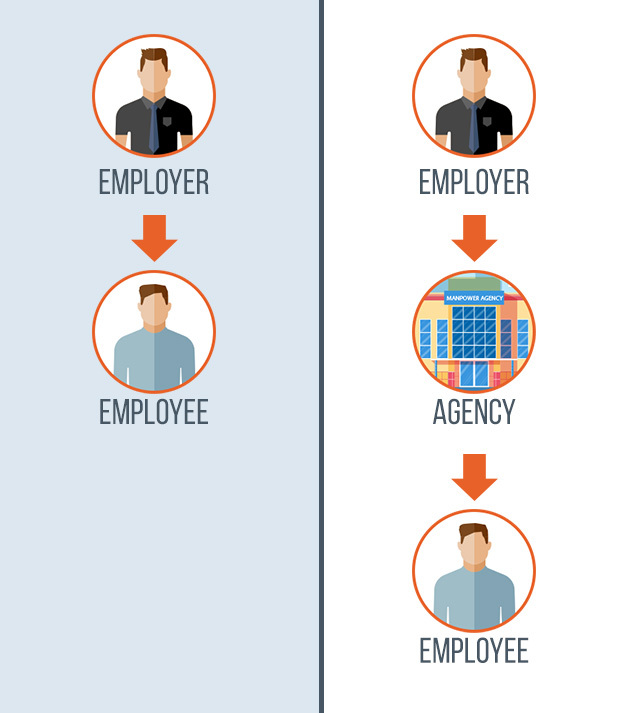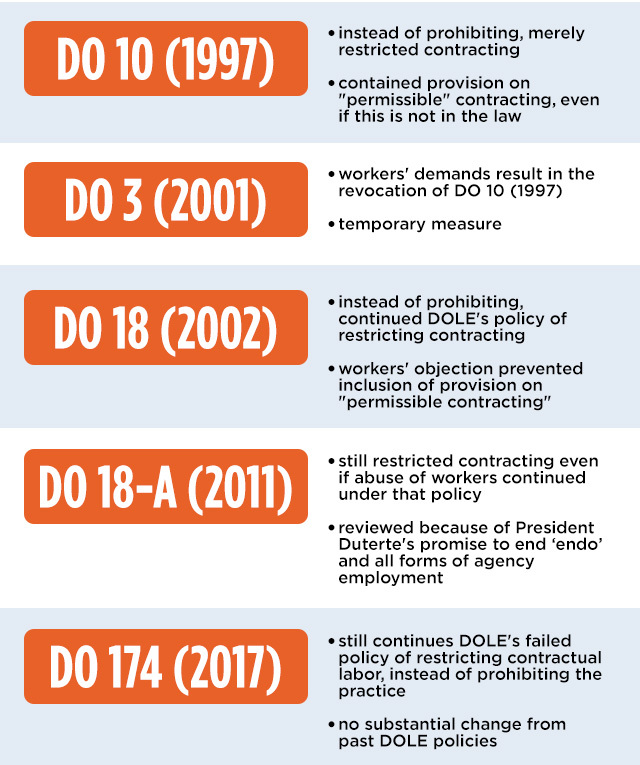The MindanaOne Tri-Peoples’ Movement for Peoples’ Democratic Rights (MindanaOne) is saddened and worried, but not surprised, of the extension of the already extended Martial Law in Mindanao. We are saddened because the President and the members of Congress refused to see the long term adverse effects of this declaration to the peoples’ democratic rights, to the struggle for a just and sustainable peace in Mindanao, as well as to the dangerous precedence it will give in the future exercise of this exceptional powers of the President. However, we are not surprised because from the very start, the President is very much inclined to a militaristic approach in dealing with the current problems in Mindanao.
The approval of the majority members of Congress to the request of the Executive for additional one (1) year of Martial Law Extension despite the flimsy and very questionable grounds, attests to the reality that Congress is reduced to a mere stamp-pad of the President. Congress is duty bound by the 1987 Constitution to perform checks and balance functions, especially in cases when the President exercises its awesome powers such as the power to declare Martial Law. Its members are supposed to be the defenders of the Constitution, of the rights of the people enshrined therein, as well as of the welfare of all the Filipinos. Instead majority of them wilfully submitted to the Executive Branch’s whims and caprices. Deliberately, the so-called “people’s representatives” disregarded their very duty, bowed willingly to their patron in Malacanang and consequently distorted the real intention and spirit of the Constitutional provision on the emergency powers of the President. This is however natural for politicians, who belong to the local dynasties, clinging to who is in Malacanang in furtherance of their selfish political ends. For so long now, these people-in-suit in Congress do not represent the voices of the greater number of the peoples of Mindanao.
The 1987 Constitution provides for a strict and high standard that only upon the satisfaction of such, can the power of the President to Declare Martial Law and Suspend the Privilege of the Writ of Habeas Corpus be exercised. Thus, only in cases of actual rebellion and invasion, when the public safety requires, can these powers be exercised by the President, subject to the review powers of the Congress and the Supreme Court. And while the Supreme Court in a divided vote upheld the declaration of Martial Law, such was based when there was still actual armed confrontations between the government and the ISIS-inspired groups in Marawi, where relatively the government was deprived of exercising its functions in certain barangays within Marawi City. However, the president himself already declared the liberation of Marawi and the beginning of the rehabilitation phase. Nowhere in the Constitution, and in the deliberations of the framers of the Constitution, can it be found that rehabilitation, imminent rebellion or the mere existence of rebels and lawless armed elements can be a ground for Martial Law and the Suspension of the Privileged of the Writ of Habeas Corpus.
The inclusion of other armed groups, such as the NPA, to justify the new extension is also questionable, since a few weeks months ago, the Government said that it is already a spent-force. It is noteworthy that the NPA was not among the reasons cited by the President when he originally declared and extended the Martial Law. Logically, it cannot serve as basis for this new extension. If the President has factual bases that the existence of the NPA warrants the declaration of Martial Law and the suspension of the privileged of the Writ, then he must make a new proclamation to such effect and allow the normal and legal process to function so as to scrutinize properly the sufficiency of the factual basis. The allowance of the extension by Congress using new basis different from the original proclamation, in our view, is a blatant circumvention of the legal and political processes set forth by the Constitution.
While it is true that there is rebellion in Mindanao and even across the country, the experiences all over the world and even our own experience tells us that MARTIAL LAW and Militarization have never been effective in resolving rebellion and insurgency. To the contrary, it is even seen that rebellion thrives in militarization. This is because democratic rights of the majority population are often neglected, and trampled upon, in militaristic solutions. And while this is happening, neo-liberal and elitist economic policies continue to bind the majority of the populace to very high social inequality, poverty and abuses, and grappled the Indigenous Peoples and the Bangsamoro with massive aggression in their ancestral lands, there by continuously violating their respective rights to self-determination. This situation is akin to putting gasoline and fire in one room. Presently, rural and Lumad communities in Mindanao have been caught in the armed confrontations of various groups. These communities are harassed, displaced, violated and some of its members get killed.
The moves of the President are somehow reminiscent with that of the late dictator Ferdinand Marcos when he declared Martial Law. Among others, Marcos used the Moro resistance in Mindanao and the mounting people’s protest against his regime as the basis for his declaration. He also demonized and incarcerated the opposition, disrespected and shut-down critical institutions and used militarist response against any sign of dissent and clamour for change. Only a few years later, rebellion ballooned and spread like fire all over the country. From a ragtag band of less than 60 members with around 30 arms when Marcos declared Martial Law, the NPA grew into thousands during the implementation of Martial Law.
In this context, the MindanaOne Tri-Peoples’ Movement for Peoples’ Democratic Rights (MindanaOne) believes that the best way to go forward is pursuing peace based on justice, co-existence, sustainable development in our communities and people-centered governance using peaceful means. Insurgencies are deeply rooted in social, political and economic ills. The effective solution to such is eradicating the root causes of such ills with the free participation of the people themselves – not repression, killings and Martial Law. This can only be done with the free and democratic participation of the peoples themselves in the communities as stakeholders collectively designing and building the communities they aspire for their children.
The MindanaOne, along with other stakeholders, is against terrorism in all its forms and from all kinds of perpetrators. But, we cannot bargain human rights for all in the guise of fighting terrorism.
We strongly condemn the extension of the extended Martial Law in Mindanao. This is an affront to democracy and to the Constitution. It is an insult to the memory of the brave martyrs who selflessly fought the Marcos dictatorship to restore our basic rights and freedom. This is a major pivot of the regime towards authoritarianism.
We join all social and progressive movements in the struggle for human dignity and against authoritarianism and all forms of abuses of power and authority!
LIFT MARTIAL LAW!
FULFILL ALL HUMAN RIGHTS FOR ALL, ALL THE TIME!
MindanaOne
December 14, 2017
https://mindanaonemovement.blogspot.com











